All Stories
-
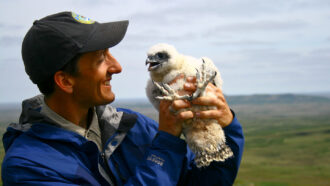 Animals
AnimalsEndangered or just rare? Statistics give meaning to the head counts
Whether studying tiny birds or massive whales, researchers collect a lot of data. The field of statistics helps them make sense of those data.
-
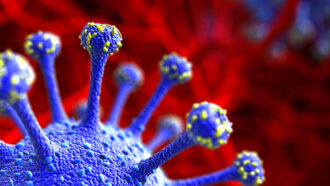 Microbes
MicrobesExplainer: Virus variants and strains
When viruses become more infectious or better able to survive the body’s immune system, they become a type of variant known as a strain.
By Janet Raloff -
 Health & Medicine
Health & MedicineMillions of kids have missed routine vaccines thanks to COVID-19
The missed shots brought vaccination rates for measles, diphtheria, tetanus and pertussis to their lowest levels in over a decade.
-
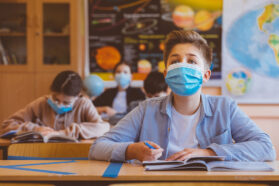 Health & Medicine
Health & MedicineCOVID-19 can infect kids — and risks sickening some severely
Not all are equally impacted. Even among supposedly low risk groups, concerns intensify as the super-contagious delta variant sweeps across the globe.
-
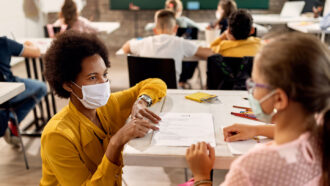 Health & Medicine
Health & MedicineWhat is the role of in-person classes in COVID-19’s spread?
New data haven’t shown that schools pose a big coronavirus risk to kids and their families, despite fears that they might.
-
 Earth
EarthGreece’s Santorini volcano erupts more when the sea level drops
Data showing this association go back at least 360,000 years.
-
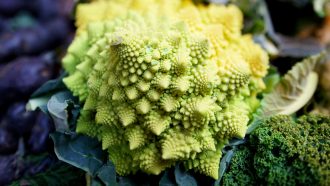 Plants
PlantsHow Romanesco cauliflower grows spiraling fractal cones
By tweaking just three genes in a common lab plant, scientists have mimicked one of nature’s most impressive mathematical patterns.
By Nikk Ogasa -
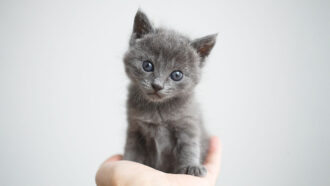 Physics
PhysicsScientists Say: Mass
Mass shows how much an object resists speeding up or slowing down when force is applied — a measure of how much matter is in it.
-
 Genetics
GeneticsJust a tiny share of the DNA in us is unique to humans
Some of these tweaks to DNA, however, may have played a role in brain evolution.
-
 Environment
EnvironmentWarming cities may see more rain — and frequent flooding
Scientists are seeking to understand why and how to mop up excess precipitation.
-
 Environment
EnvironmentExplainer: Urban heat islands and how to cool them
Cities transform landscapes covered in plants to ones covered in heat-absorbing asphalt and concrete. But ways exist to cool these urban heat islands.
-
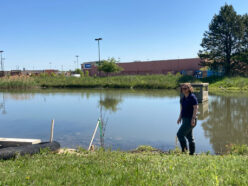 Earth
EarthStores and malls buy into ponds and rain gardens for flood control
An extra bonus: These rainy-day ponds clean up that dirty water running off parking lots.